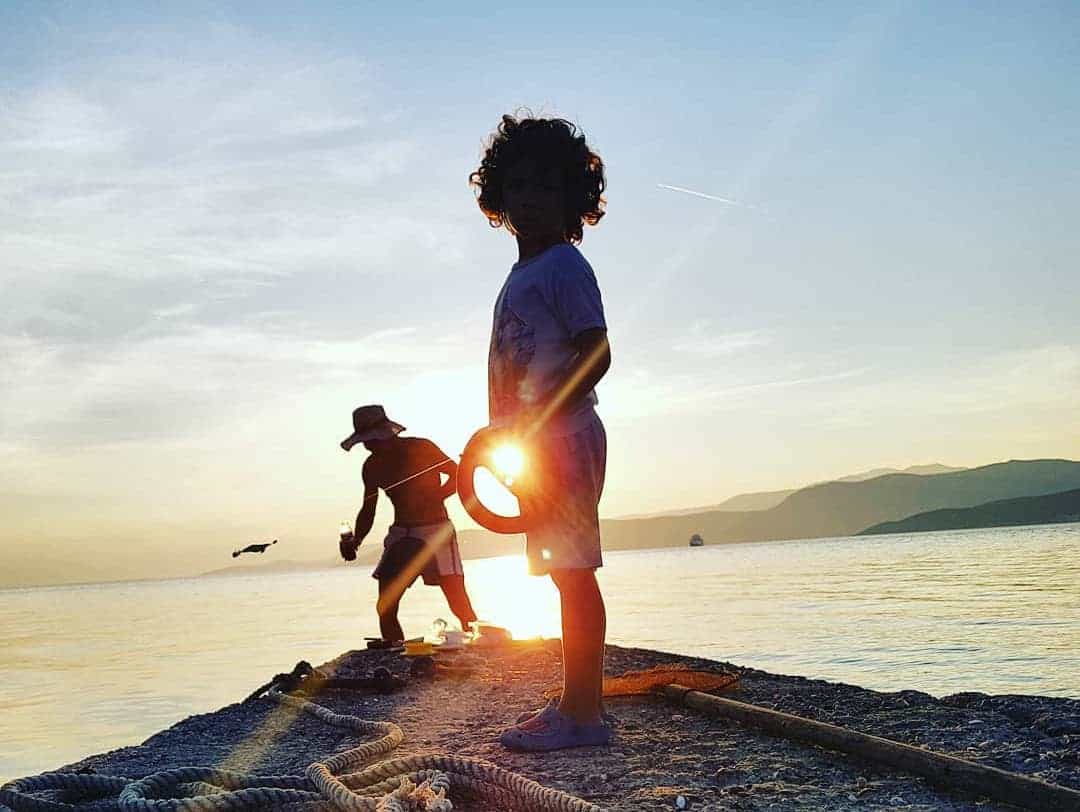

Greece marked an unfortunate first among EU nations in terms of children’s material deprivation, the latest data from Eurostat suggests.
The shocking report, published on Friday, found that one in three children under the age of 16 in Greece was materially deprived in 2024, placing Greece first in the 27-member European Union with 33.6 percent, followed by Romania with 31.8 percent and Bulgaria with 30.4 percent.
Material deprivation was defined as an enforced lack of at least three items (goods or services) from a set of seventeen, twelve of which are child-specific and five household-specific. These items are considered necessary or desirable for people to have an “acceptable” standard of living.
The analysis compared children of different age groups and also examined the impact of their parents’ educational level.
All figures were based on EU statistics on income and living conditions available from Eurostat’s online database.
The EU average for material deprivation among children under the age of 16 stood at 13.6 percent. The lowest rates were recorded in Croatia (2.7 percent), Slovenia (3.8 percent) and Sweden (5.6 percent).
13.6% of EU children faced material deprivation in 2024
Highest rates in:
Greece (33.6%)
Romania (31.8%)
Bulgaria (30.4%)
Lowest in:
Croatia (2.7%)
Slovenia (3.8%)
Sweden (5.6%)
Learn more
https://t.co/OJkwLiq62K pic.twitter.com/vNnMMuIk20
— EU_Eurostat (@EU_Eurostat) June 13, 2025
“One of the factors that affects material deprivation of children, further to the reducing effect that targeted social transfers can have, is the level of education of their parents, which is largely linked to their labour market situation,” the report observes.
Children whose parents attained a lower educational level are more likely to experience material deprivation compared with children whose parents attained a higher education level, because an adult’s education level affects the type of job the individual can access.
Thus, only 5.6 percent of EU children whose parents had tertiary education faced material deprivation, compared with 39.1 percent of children whose parents had at most a lower secondary education.
In Greece, however, this advantage was not as evident, as the country recorded some of the highest shares of children’s material deprivation both in households where adults had higher and those with lower education.
Greece did not only have the third highest share (77.2 percent) of children of lower-educated parents that faced material deprivation -after Slovakia (88.6 percent) and Bulgaria (84.1 percent)- but also the highest share among households where parents did have tertiary education and the children were materially deprived regardless.
That is 17.6 percent of Greek children in this category, followed by Spain (11.6 percent) and Bulgaria (8.1 percent), suggesting a worrying trend that higher education doesn’t always guarantee an advantageous position in the labour market in these countries.
